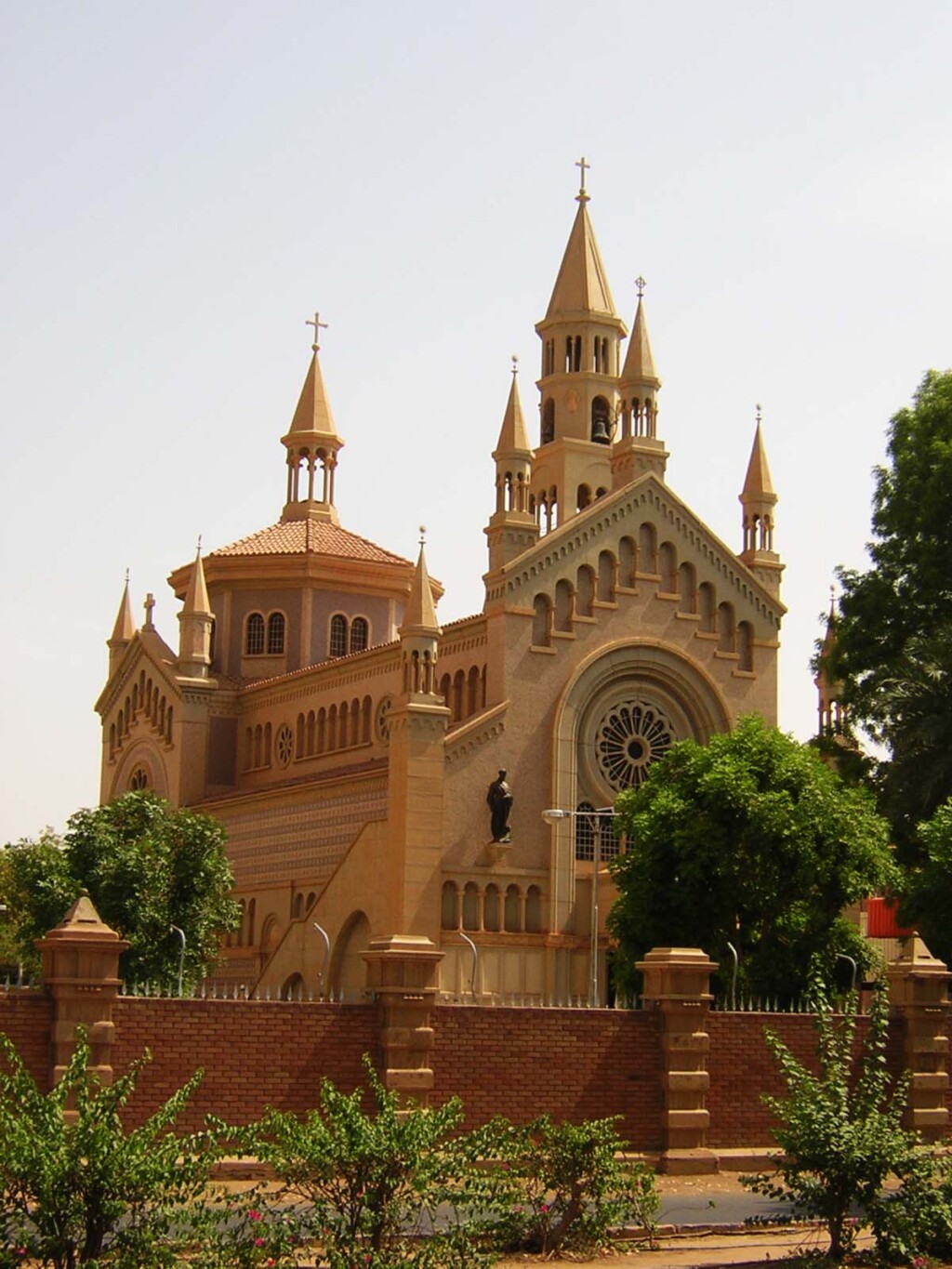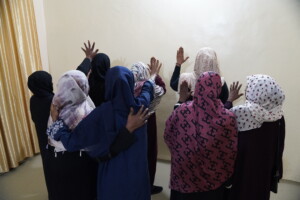Bishops: ‘War attempts to obstruct creation of better society in Sudan’

St Matthew's Catholic Cathedral in Khartoum (File photo: Petr Adam Dohnálek CC BY-SA 3.0 CZ)
The bishops of the Catholic Church in Sudan and South Sudan have called on the United Nations, the ‘Troika’ of USA, the United Kingdom, Norway, and other members of the international community, to intensify their efforts to end the ongoing violence in Sudan. The bishops expressed concern that “the protracted fighting may aim to hamper solidarity among the people of Sudan”.
The bishops of the Catholic Church in Sudan and South Sudan pledged to use “different platforms” to continue engaging “the leaders of the various Sudanese parties to put the interest of the people first, in their struggle for political power.” They stressed the importance of continuing “essential support” for those affected by violence.
The condemn all the violations taking place in Sudan and that the conflict is causing massive destruction in human lives, property, and livelihoods, “which surprised many, who never expected such a deplorable situation”.
In their collective statement to mark the New Year, the bishops also express their regret for the challenges faced by the people in Darfur and Kordofan, where villages were burned to the ground, leaving citizens without shelter or housing.
The Catholic bishops “urge the people of Sudan not to be discouraged amid the protracted conflict, but to trust in God, who transcends all suffering and gives a sense of hope,” warning that the conflict may be an attempt to obstruct solidarity among the people of Sudan: “We have a strong feeling that the series of events in Sudan is an attempt to obstruct your aspiration for a better society in which people live as brothers and sisters.”
Pope Francis has repeatedly appealed for a negotiated solution to the conflict, and during his Urbi et Orbi address on Christmas Day, he recalled the suffering of the people of Sudan and asked the international community not to forget them.
“Let us not forget the tensions and conflicts that trouble the region of the Sahel, the Horn of Africa and Sudan,” Pope Francis said.
Earlier in December, in a message to mark Christmas, Rafaat Mosad, the president of the Council of the Evangelical Community in Sudan, sent a Christmas message yesterday “to all Sudanese in and outside Sudan”, with special mention of refugees and displaced peoples.
In his message, Mosad wished “love, peace and abundant mercy” to all, wishing a good year on the anniversary of the birth of Jesus Christ. He expressed his hopes that this Christmas will be the last one in which Sudan will witness war and conflict.
“We thank God for every church that celebrated Christmas within Khartoum and across Sudan despite the nation’s pain, as they eased the people and all those who suffer in the country by celebrating them.”
Christians in Sudan
During the Omar Al Bashir Islamic dictatorship (1989-2019), non-Muslims were regularly oppressed. Christian worshipers were prevented from visiting churches on Sundays, and a number of church buildings, many of them belonging to the poor Church of Sudan, were demolished. Since 2017, Christian schools were forced to follow the Muslim week from Sunday to Thursday.
One of the first decisions made by the then Transitional Military Council after the ousting of Al Bashir, concerned permission to enjoy Sunday as the official weekend recess day for Christian schools throughout Sudan.











 and then
and then